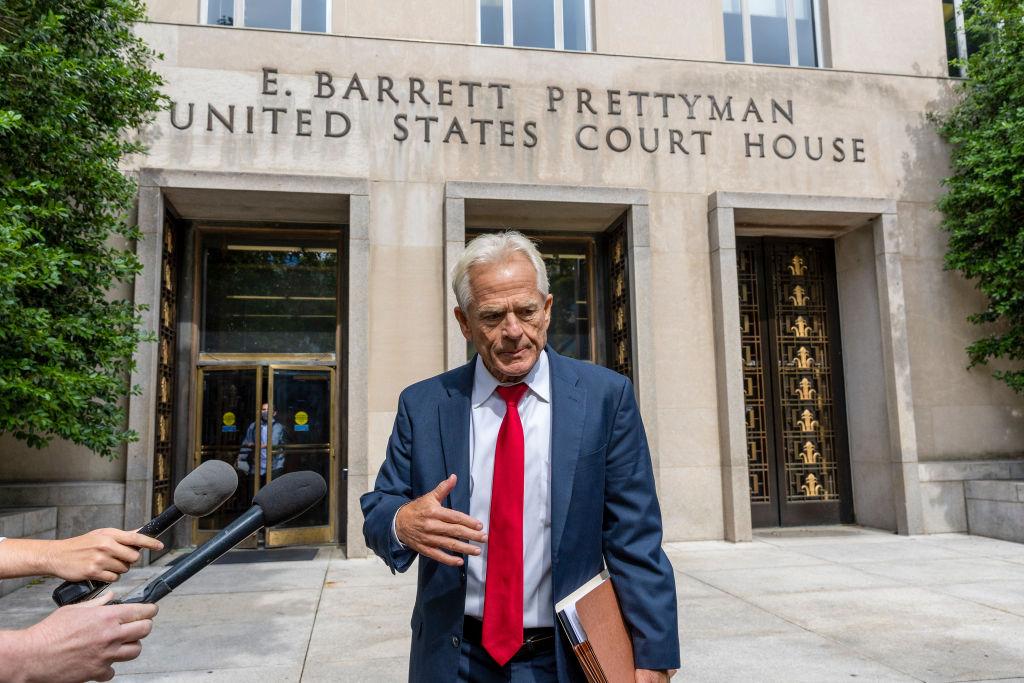Commentary
The indictment of Peter Navarro for contempt of Congress violates several provisions of the Constitution and should be dismissed. Navarro has a strong claim of executive privilege that should be decided by the courts before any indictment can lawfully be issued.


